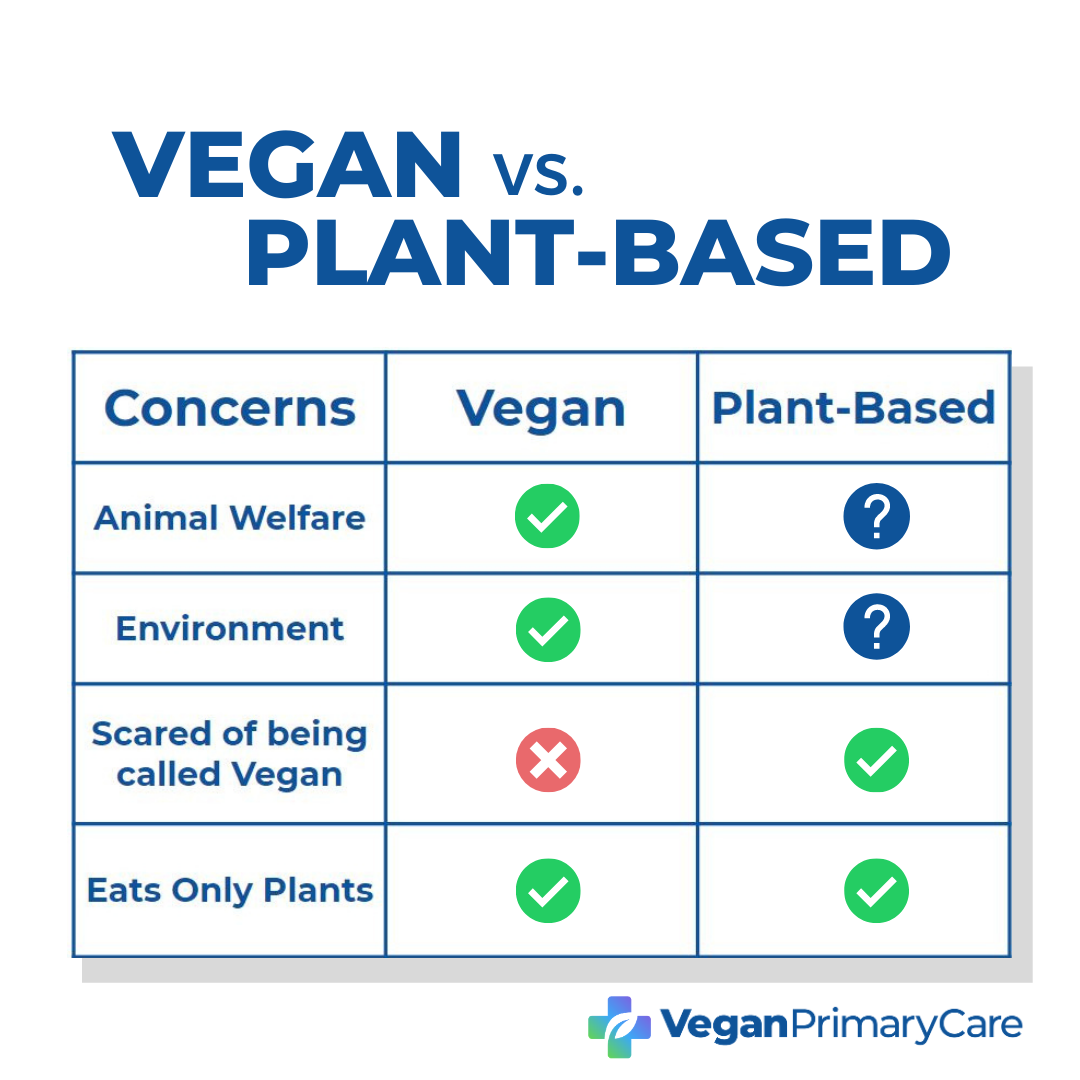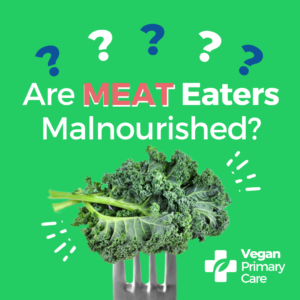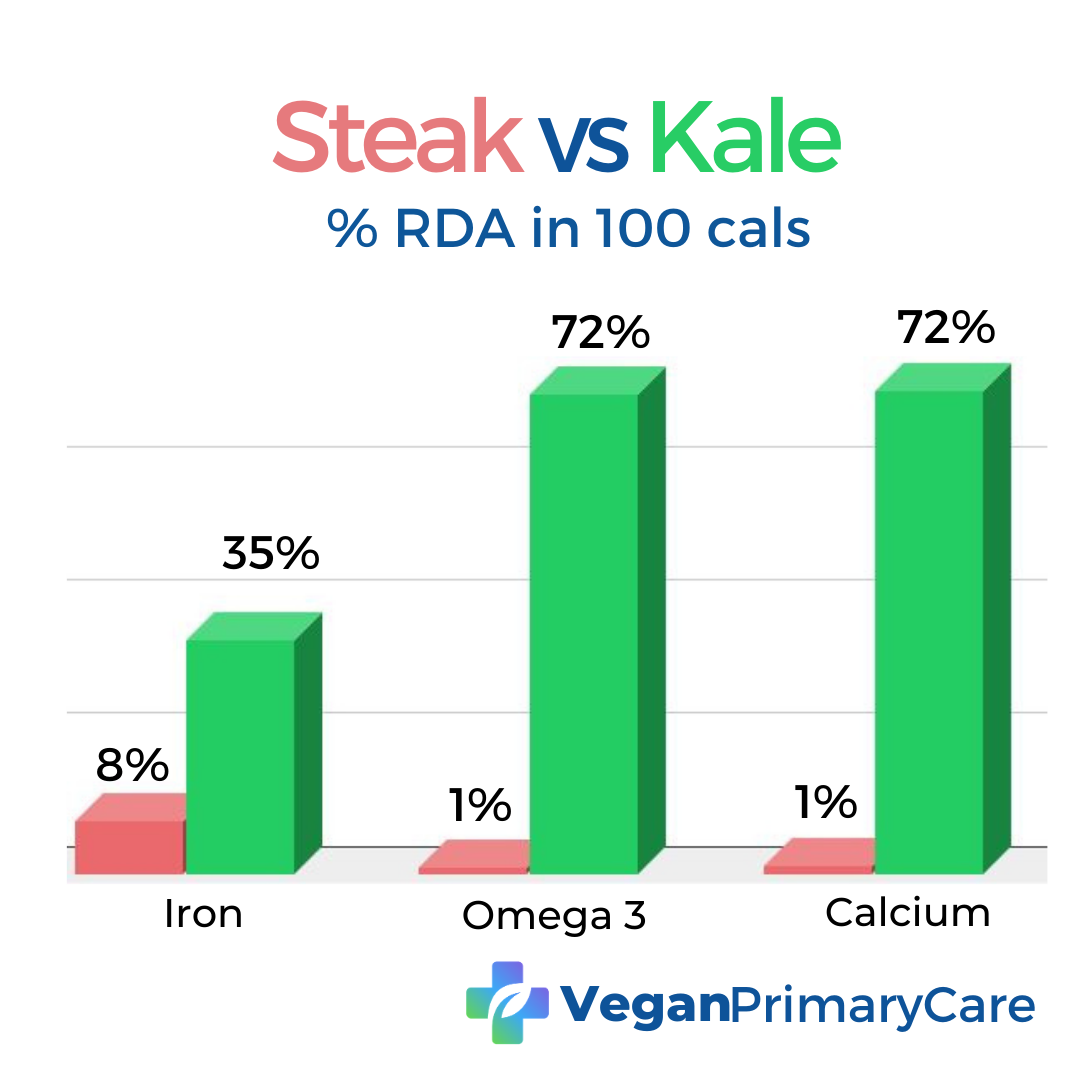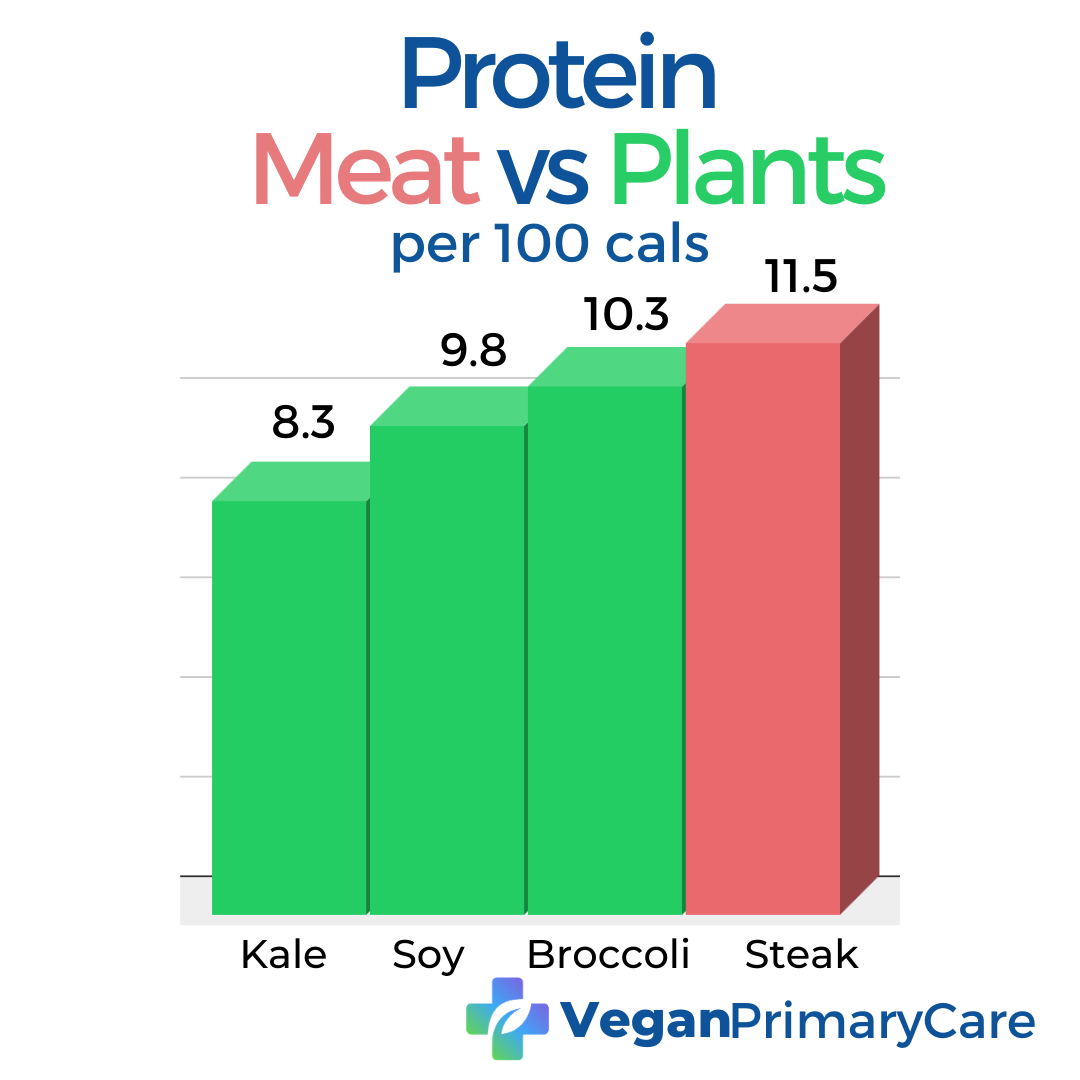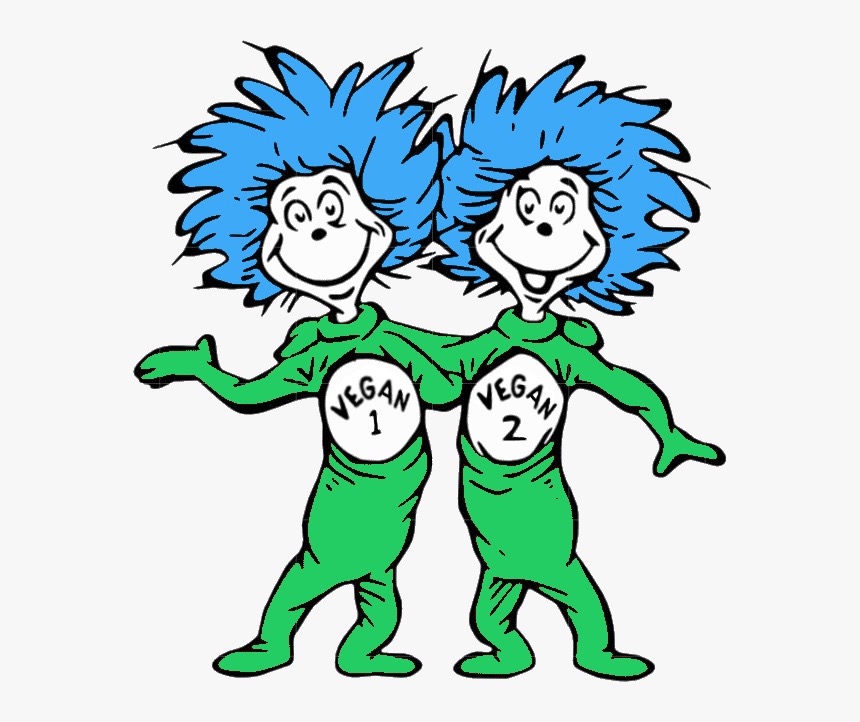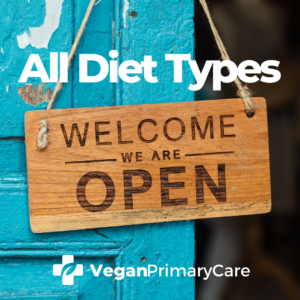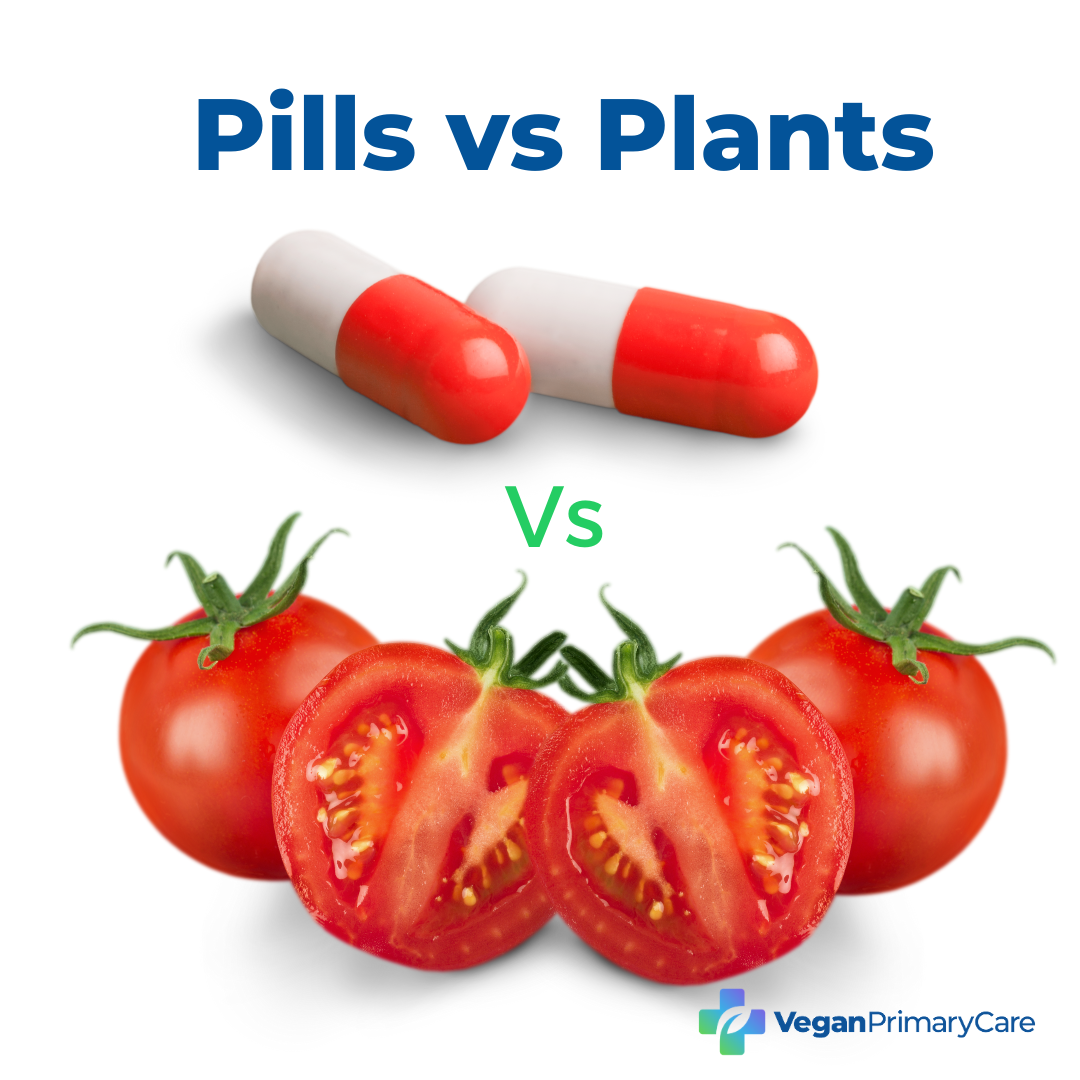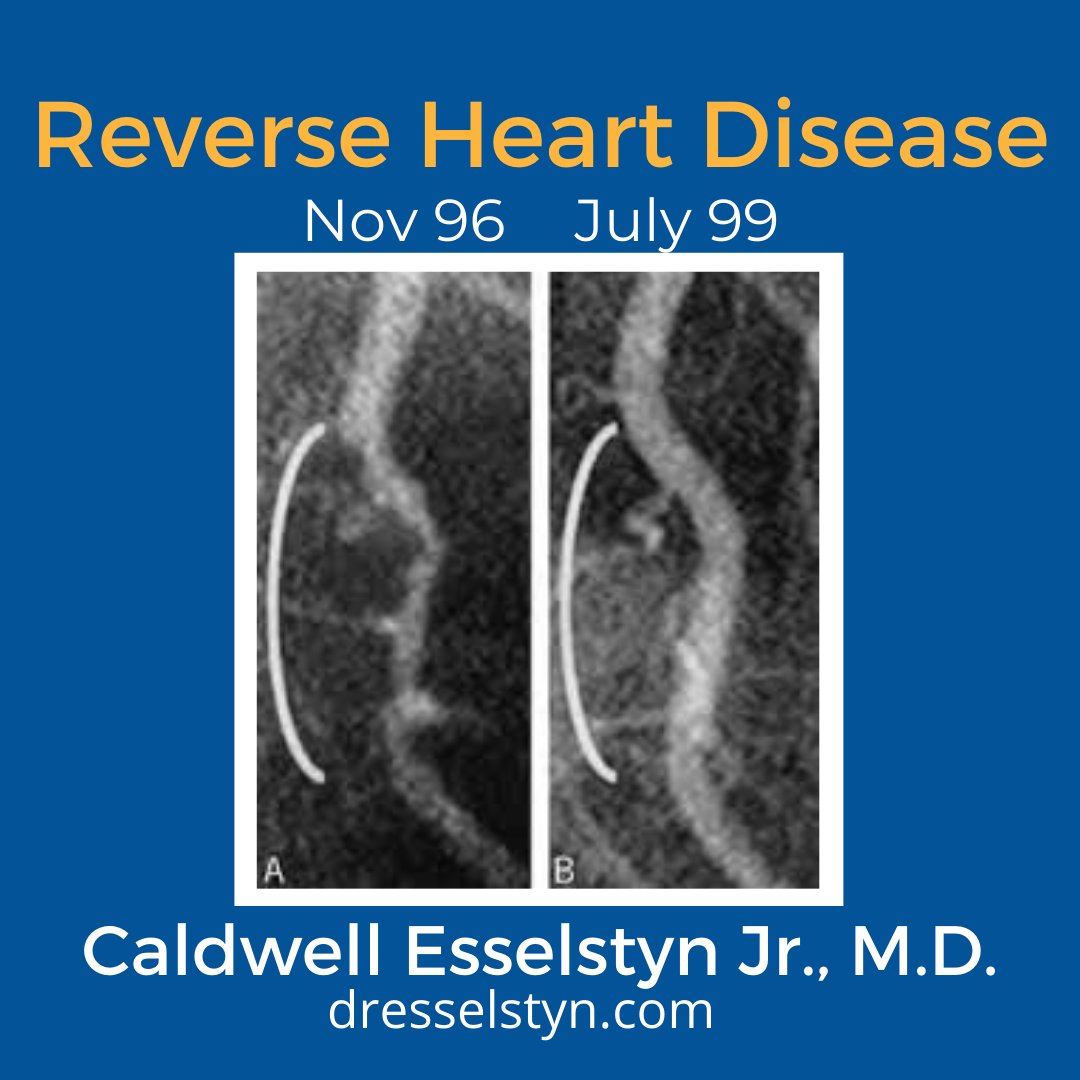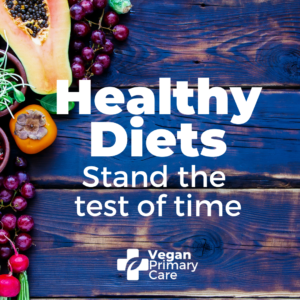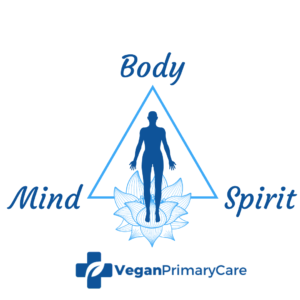Do you find yourself in the following situations that having a vegan doctor could solve?
- Are you vegan or plant-based but your doctor eats and recommends a standard American diet?
- Does your doctor tell you to eat more animal protein?
- Does your doctor recommend meat for protein, milk for calcium, and say eggs are the perfect food?
- Does your doctor tell you how diet can lower your risk for cancer, high blood pressure and heart attacks?
- Does your doctor make you feel bad for eating a vegan diet?
- Is your doctor condescending?
- Is your doctor unhealthy and overweight?
- Do your friends and family worry about your vegan or plant-based diet?
- Do you have a child who wants to start eating a vegan diet but you are not sure if it is healthy?
If any of these questions sound familiar, then you need a vegan doctor.
